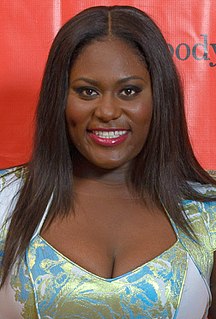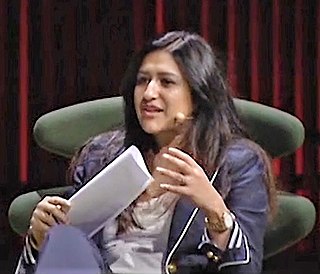A Quote by Simon Spurr
The biggest thing I'm seeing - and I have to be careful what I say here - is that people are tired of the old guard and the familiar brands. They're looking for more individuality and creativity, and that's coming out of this whole new wave of younger brands: Thom Browne, Michael Bastian, Robert Geller, myself.
Related Quotes
Between the time I first started working in advertising in 1998 and now, the word brand has replaced identity. We are no longer individuals so much as we are brands. We're individual brands. Individuals are basically left to define their individuality by staying off the internet, which in and of itself can be a brand, the opting-out brand.
Most brands that are called luxury brands today are not true luxury brands. The globalization of fashion and luxury means you now find the same luxury brands in every city. The stores look the same, the products are the same. It is still a very good quality product but it is now readily available to everyone. It's a kind of mass luxury.






































